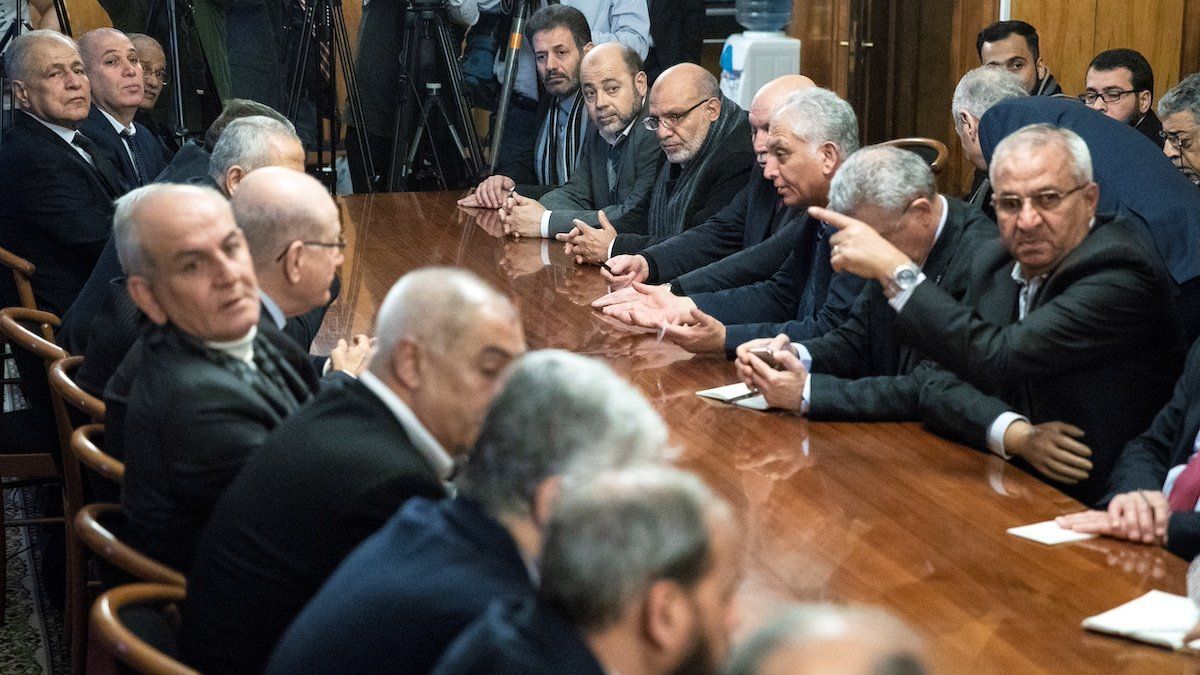Hamas and Fatah, rival Palestinian factions with a bloody history, were in Moscow on Thursday for reconciliation talks.
Why is this significant? The jihadists of Hamas and the secular nationalists of Fatah are Palestine’s most powerful factions. They fought a war in 2007 that left Hamas in control of Gaza and Fatah running the occupied West Bank. Reconciliation would be crucial for establishing any stable Palestinian state in the future.
Not everyone is a fan. Even if Hamas and Fatah can make doves cry, it’s difficult to see Israel or the US singing along. Israeli Prime Minister Benjamin Netanyahu is dead-set on destroying Hamas which, unlike Fatah, refuses to recognize Israel’s existence.
But polls show Hamas is popular among Palestinians, partly because Fatah’s accommodationist stance is seen as a failure. Unless Netanyahu can destroy the group entirely, a tall order, any plans for post-war governance in Gaza – to say nothing of a Palestinian state some day – will require some blessing or buy-in from Hamas.
But let’s not get ahead of ourselves. That “post-war” is as far off as ever. US President Joe Biden on Thursday walked back his earlier optimism about an imminent ceasefire.


















